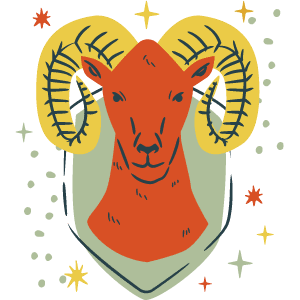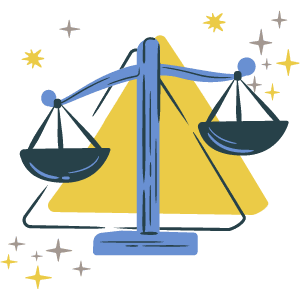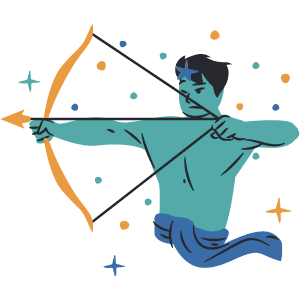Discover the power of astrology with ChampsDiet’s comprehensive horoscope offerings. Whether you’re seeking insight for today, planning for the week, contemplating the month ahead, or curious about the entire year, our horoscopes are tailored to provide guidance in every aspect of your life. Delve into personalized forecasts for your personal life, emotions, health, profession, travel, and luck for each of the 12 zodiac signs.
Horoscope Sections:
Each zodiac sign will find specially curated horoscopes in the following time frames, covering six key life aspects:
- Daily Horoscope: Begin each day with personalized astrological insights. A daily guide focusing on your personal life, emotions, health, professional endeavors, travel opportunities, and areas of luck.
- Weekly Horoscope: Prepare for the week ahead with detailed astrological forecasts. Weekly insights provide a broader view of the upcoming events and challenges in all crucial areas of your life.
- Monthly Horoscope: A monthly astrological overview to help you plan and make the most of the month. These predictions cover the longer-term influences on your personal and emotional well-being, health, professional life, travel plans, and lucky moments.
- Yearly Horoscope: An in-depth yearly analysis for a comprehensive understanding of the major trends and astrological events that will shape your year in terms of personal growth, emotional journeys, health, career paths, travel adventures, and lucky opportunities.
Conclusion:
Embrace the wisdom of the stars in every step of your journey. Let our daily, weekly, monthly, and yearly horoscopes be your guide to navigating life’s complexities with confidence and clarity.












